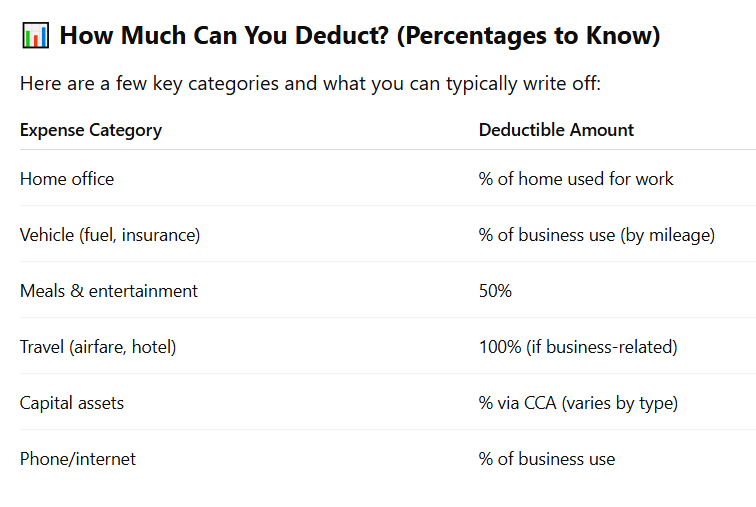One blog post closer to clean books.
Each blog post from the Castle team is packed with practical tips, real-world experience, and clear answers to common bookkeeping questions. Whether you're sorting expenses or planning for tax time, you'll find guidance to help you run your business with clarity and confidence.

Terms of Service
Welcome to Castle! These terms of service outline the rules and regulations for the use of our bookkeeping services.
By accessing this website and using our services, you accept these terms and conditions in full. Do not continue to use Castle services if you do not accept all of the terms and conditions stated on this page.
Castle offers professional bookkeeping services including transaction categorization, reconciliations, financial reporting, GST/HST filing, and other related services as agreed upon with the client.
2. Billing and Payments
All services provided by Castle are billed on a recurring basis unless otherwise
agreed upon. Payments are due upon receipt of invoice. We accept payment via credit card, debit card, and electronic funds transfer.
3. Cancellation and Refund Policy
Clients may cancel services at any time by providing 30 days’ notice in writing or via email. Refunds for prepaid services will be prorated based on the remaining unused portion of the services.
4. Privacy Policy
Our privacy policy outlines how we collect, use, and protect your personal information. We do not sell or share your information with third parties without your consent, except as required by law.
5. Liability
Castle will perform all services with reasonable care and skill. However, we do not accept liability for losses resulting from acts of nature, third-party errors, or misuse of financial information or reports by the client.
6. Amendments
Castle reserves the right to amend these terms of service at any time. Amendments will be effective immediately upon posting on this website.
7. Contact Us
If you have any questions about this privacy policy or our privacy practices, please contact us at:
Castle
316 1st Ave NE
Phone: 587-872-0602
Email: info@bookwithcastle.com
One blog post closer to clean books.
Each blog post from the Castle team is packed with practical tips, real-world experience, and clear answers to common bookkeeping questions. Whether you're sorting expenses or planning for tax time, you'll find guidance to help you run your business with clarity and confidence.
%20(1)%20(1).png)

%20(1).png)


